Key dates
Applications Submission deadline was
19th February 2016
Date and timetable of the Course
Dates: 2nd – 13th of May, 2016
Duration: 10 days over 2 weeks
Timetable: Monday-Friday 9:00-13:00, 14:00-18:00
The previous edition emphasized the theory and practice of collaborative, integrated modelling on networked repositories, applied to concrete ecological and social issues of interest to the participants and to the larger community built around the ARIES project (http://aries.integratedmodelling.org/).
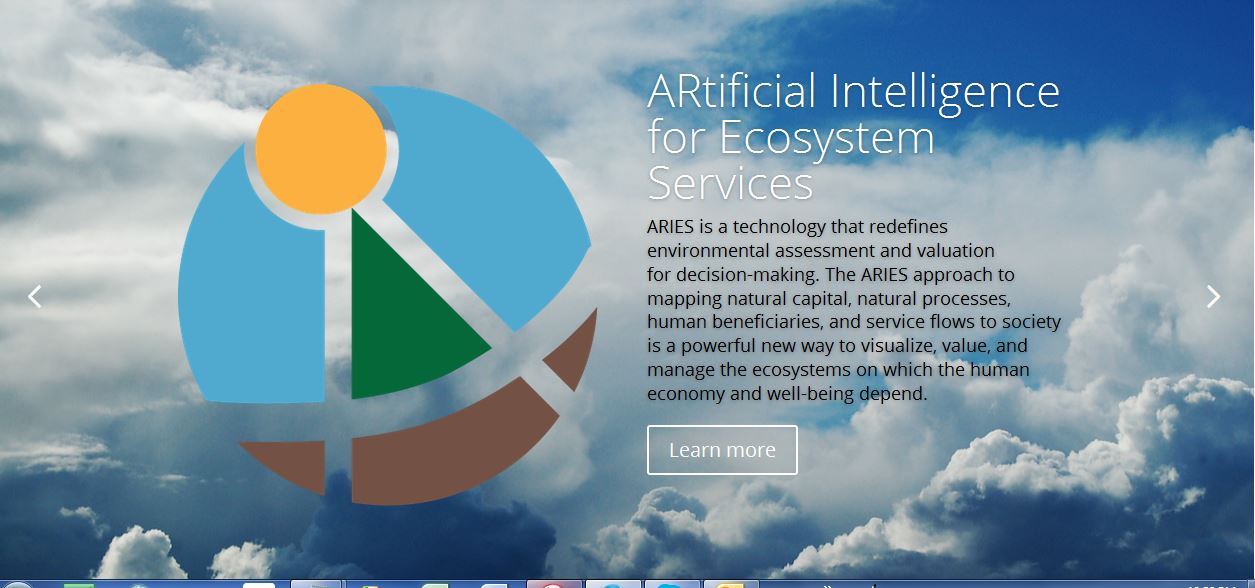
During two weeks of intensive instruction, both theory and practice of integrated modelling were covered: participants learnt how to effectively model social-ecological systems of different scope and scale. Using the latest advances of ecoinformatics research, including a high-level modeling language (k.IM) and an infrastructure (k.LAB) that supports the integration of data and models with different modeling paradigms stant.
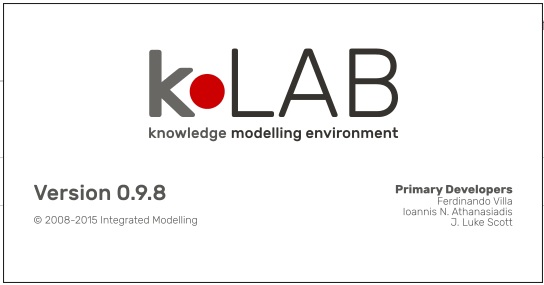
The skills learned ranged from GIS-driven statistical analysis to complex agent-based models of coupled human-natural interactions. Scholars and IT experts from around the world were on hand to help the participants independently create, run and analyze coupled human-environmental models and scenarios. The school tackled key modeling questions related to integrated vs. standalone modeling tools, semantic modeling, how to measure models and data interoperability, etc. Ways of extending ARIES with other existing models (written in Java, R, Python, etc.) were also discussed during the school.
We open applications for 25 participants from governmental, non-profit and academic institutions. Participation was competitive and was evaluated by the science board. All software, skills and materials obtained during the school remained available to participants indefinitely for not-for profit use. Prospective participants from corporate and consulting businesses were welcome to apply.
Participants had the option of continuing their interaction with the ARIES network to benefit from and contribute to one of the largest public repositories of ecosystem services models and data. The school also serves as an entry point for the students to become part of the ARIES community platform which will provide them with means of sharing their own ARIES projects/models online, together with a set of communication and collaboration tools, such as issue management, live chat and model documentation tools.
Many participants brought a problem statement and some data to describe it, and left with a developed framework tailored to their case study, together with the knowledge required to build a working solution. Upon acceptance of the participants, the School’s scientific board approached them to discuss the specific problems they wanted to investigate during the course. Depending on the interests of the accepted applicants, a limited number of thematic groups were identified, and the participants were grouped according to the similarities of the problem proposed in their application. In addition to daily plenary instruction and discussion, each group was assisted by a dedicated teacher and teaching assistants.
Applications Submission deadline was
19th February 2016
Date and timetable of the Course
Dates: 2nd – 13th of May, 2016
Duration: 10 days over 2 weeks
Timetable: Monday-Friday 9:00-13:00, 14:00-18:00
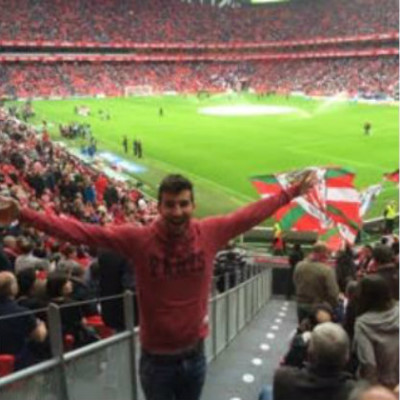
Participating to the ISU was a unique experience. Despite the fact that I had no solid background in ecosystem services modeling, I had the opportunity to explore those “uncharted waters” during the two weeks of intensive training. The interactive courses and team-oriented approach of solving assignments were great ways to get to know with colleagues and collaborate effectively. Not only that I am now “richer” by 20+ friends, but my ISU team and I are still working on our BC3-incubated project, with great potentials. Lecturers seemed to enjoy every minute, and provided happily assistance in every possible aspect, in and out of the class (they even helped us buy football tickets for an Athletic Bilbao match!!). I can’t recall more productive and fun weeks than the ones I had last spring in Bilbao.
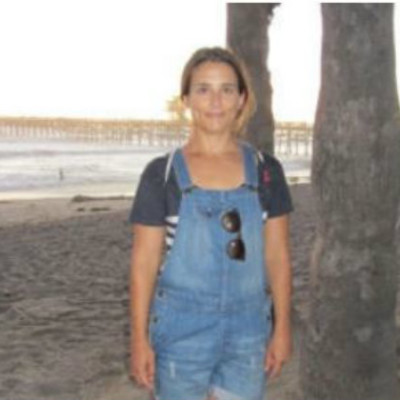
The course was a great opportunity to understand how ecosystem services should be modelled. I found that the attention given to the beneficiaries of such ES and to modelling trade-offs between different beneficiaries taking into account sources and sinks of services as well as pathways through which these services reach the final beneficiaries was particularly useful in order to understand the ES concept. I particularly liked the fact that the course was mostly practical and we used the software from the first day which was really helpful to gain an understanding of the potential of ARIES and the vast number of questions that can be addressed. The team provided great support at all times especially by working in small groups to tackle particular questions related to our study fields. Absolutely recommend anyone interested in ES to attend the course!
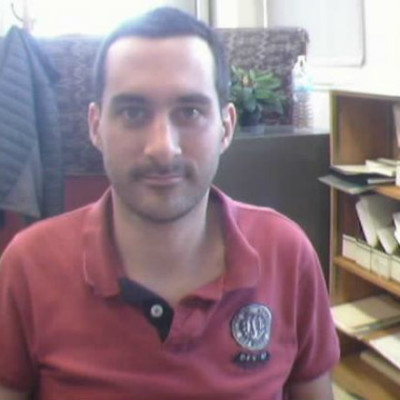
The spring university on ecosystem services modelling was a great professional experience. We learned state-of-the-art modelling skills as well as a new conceptual framework for ecosystem services evaluation. The course content was challenging with plenty of information, and the programme was stimulating with a mix of lectures and group work for practicing modelling skills and building bayesian networks. The ARIES team is very friendly and offers complementary skills, so that every questions are clearly answered. All of this in the lively Bilbao city surrounded by a beautiful coastline and mountains
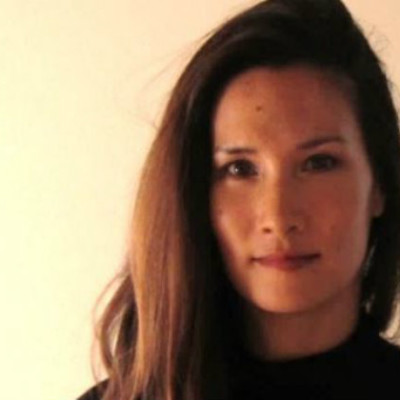
The course was a tremendous opportunity to learn and apply ARIES advanced ecosystem services modelling approaches. The underlying concepts are invaluable. Through this experience, I received powerful tools to develop probabilistic and deterministic ES models and enrich my research on dynamics and resilience in social-ecological systems. I found that the problem solving exercises and case studies with small groups fostered active and collaborative learning. I really appreciate how dedicated the ARIES team is to advancing the global ES modelling platform, innovation and collaboration, and providing incredible support. Thank you to the ARIES team and ISU